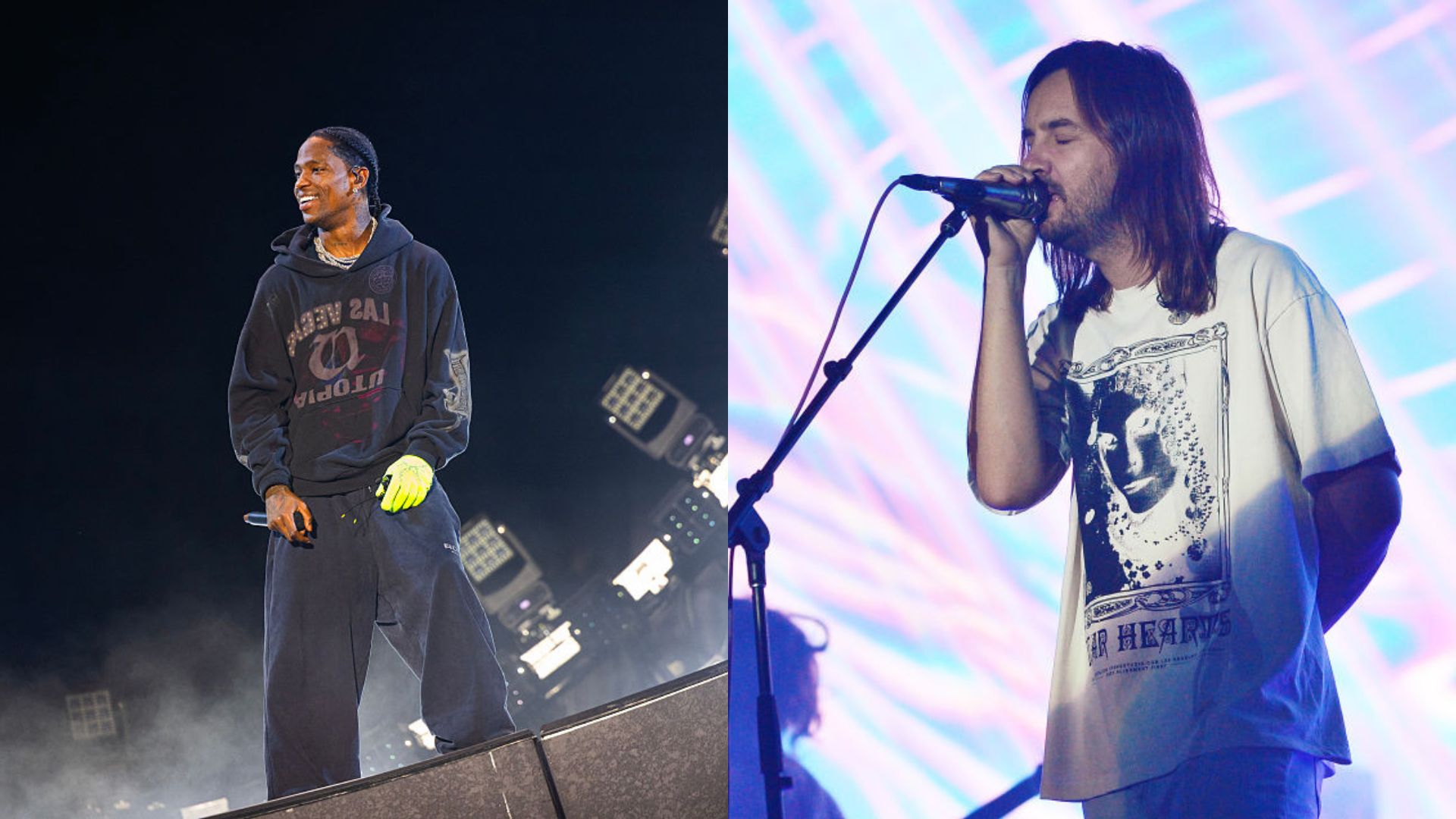Sanitizing itself from the political protest carried out in the previous decade and absorbing the ‘take your foot off the ground’, the group broke the walls of the ‘axé-pagode-sertanejo’ empire at the expense of an imaginary world
Skank’s final act, with sold-out shows across Brazil until March 26, when the Estádio do Mineirão will be the band’s ultimate closing temple, is something for teary-eyed fans to see – yes, they have their reasons – and, for those interested in mass phenomena, with some reflection. Many celebrated the news of the end with ridicule, with a sort of “it’s too late”, but it should be remembered that the end of the Beatles, in a world without social networks, also raised these voices. They will always exist, but it’s when you look at passions and teasing that things get more interesting. OR skankwhile paying a high price, he kept the 90s from being engulfed by the tripartite empire that overlapped everything: axé, pagoda and sertanejo.
Having experienced the bounty of the rockiest decade since Young Guard, with national rock capturing the spirit of Diretas Já! and is spreading across all fronts: Legion, Paralamas, Capital, Rude Rabble, Baron, Titans, Engineers, Wrath! and Camisa were the intransigents; Ultraje, Biquíni Cavadão, Blitz, Kid Abelha, Leo Jaime and João Penca were the mockers: national pop rock was in trouble. Among the songs most listened to on the radio in that 1992, when Skank arrived with their first album, in third place was Daniela Mercury, with The corner of the city; the Black Race group, with Gypsy, sixth; AND Look love, by sertanejos Gian & Giovani, in tenth place. The only rock bands in the top 50 were Os Paralamas do Sucesso, at 31st, with Saturdayand the Bikini Cavadão, with stormy wind, in the 36th. For the rest, only international music and lots and lots of axé, pagoda and sertanejo.
Skank, while not inspiring confidence in the industry’s sharks for a historic lack of know-how from show bizz miners – they weren’t even close to the 80s scene – knew how to negotiate tongues to position themselves among the giants and connect with the spirit of the times, however frugal that spirit was. No one wanted any more to contest the politicians, even if the president about to leave the back doors was the questionable Fernando Collor de Mello, nor to laugh at the self-liberty stamped by the bathers of Rio. For FM-conscious rockers, two ways remained: the first, taught by axé: put everything high and shout “take your foot off the ground” from start to finish. The second, which enriched the pagodas and sertanejos, was to speak of the passions as closely as possible. Outrage? Skank himself acknowledged on his 1992 album: “Our indignation / It’s a fly without wings / It goes no further than the windows / Of our homes.”
Skank appears in the dehydration of a rock group’s political position and, at the same time, in the appropriation of axé’s musical euphoria. Axé and Skank have watery grandparents, a connection point of their tongues, and will share affective outbursts commanded by powerful “lift your foot off the ground” with their audiences. The counterpart of this functional seduction and pop formulas is the break with the line of possible fans who, before the invention of the Internet, depended on what the record companies poured them. The older ones, who have learned to respect the police with the Titãs or who have recited verses from Camões with the Legião Urbana, might feel a little nauseous singing “here in this little enclosed world it’s incredible / With her impeccable little black dress / I hate the way he looks, but thinking about it / he closes with my dreams like no other.” The way out was to separate rock from pop, and “Brazilian pop rock” was created.
But the Skank, unlike the ax lanterns, survived and reoriented himself. After nearly ten years of putting teenagers feet up to the sound of Jackie Tequila, quiet citizen, The kiss and the prayer, It’s a soccer match, national girl, Saideira AND Answera public account speaks of almost seven million records sold, they opened the 2000s with the freshness of the record Machinaramawith three sides AND Ballad of unwavering loveand, two years later, managed to evolve into cosmotrom. The decade was already another, rock was being re-evaluated in the world by declared revisionists like Oasis, and the band did it two rivers one of the finest British rock-mediated songs of its time.
As for the undisputed friends, Samuel Rosa, Henrique Portugal, Lelo Zaneti and Haroldo Ferretti close the story as it began. Without the rock and roll gene, which includes public exposure of internal noise and strangeness, there are no fights, no disagreements, no lawsuits. The concerts that took place in São Paulo this weekend made two or three generations lift their feet off the ground and sing their hearts out. But, when the lights came on in the Espaço Unimed Hall, as the audience left the hall, it was possible to feel that everything had been moved from an imaginary world. Skank is a youthful affection, the memory of a sanitized time, an island of fantasies. Today it is no longer yours
Source: Terra
Earl Johnson is a music writer at Gossipify, known for his in-depth analysis and unique perspective on the industry. A graduate of USC with a degree in Music, he brings years of experience and passion to his writing. He covers the latest releases and trends, always on the lookout for the next big thing in music.






